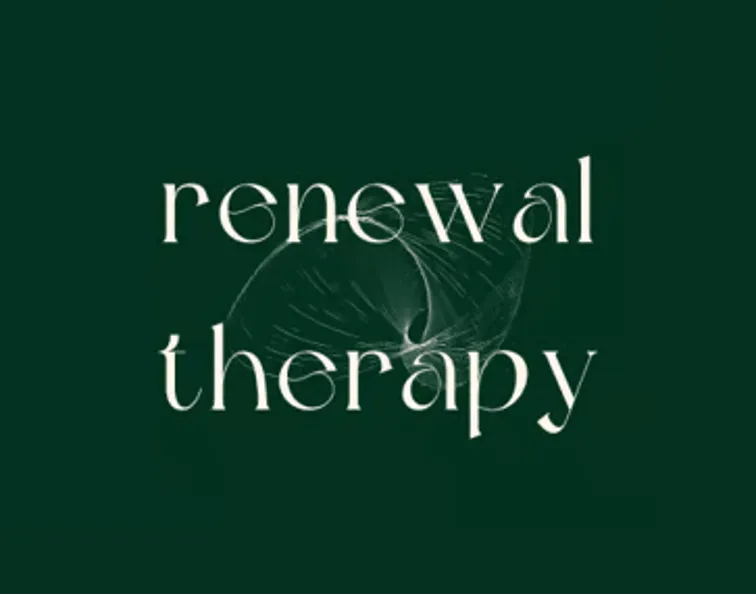Online Complex PTSD Therapy
A nervous system–based approach to complex trauma
.
NeuroAffective Relational Model (NARM) is a relational and nervous system-based approach that addresses life-long psychobiological symptoms and interpersonal difficulties.
.
When early relational needs go unmet
.
When a child’s early relational needs go unmet, they adapt in the only ways available to them. To preserve connection with caregivers—and to survive an environment that feels unsafe or unresponsive—children often disconnect from their bodies, emotions, needs, desires, and even their core sense of self.
.
These adaptations are intelligent and necessary at the time.
They also come at a cost later in life.
.
Child Consciousness
.
As NARM founder Dr. Laurence Heller describes, these survival strategies exist in Child Consciousness — a way of experiencing the present moment through the filter of unresolved developmental trauma.
.
Within NARM, this isn’t pathologized or judged.
It’s simply a way of understanding how we relate to ourselves, others, and the world.
.
Adult Consciousness
.
By contrast, Adult Consciousness reflects a growing sense of integration and wholeness. As early adaptive patterns soften, we increase our capacity to stay present, to connect emotionally, and to live from a more coherent, authentic sense of self.
.
A depth-oriented approach
.
NARM is a depth-oriented approach to complex trauma, including attachment, relational, and developmental trauma.
.
Depth-oriented therapy differs from supportive therapy, which can offer temporary relief through expressing one's concerns and frustrations in therapy and being supported and validated by the therapist. NARM focuses on reshaping what is happening internally, supporting greater agency, authenticity, and connection.
.
Click here to read more about NARM.
.
Complex Post-Traumatic Stress Disorder (C-PTSD) often develops from long-term or repeated trauma, such as childhood neglect, emotional abuse, or relational wounds. Unlike single-incident trauma, C-PTSD impacts the nervous system, sense of self, and ability to feel safe in relationships.

Complex Post-Traumatic Stress Disorder (C-PTSD) often develops from long-term or repeated trauma, such as childhood neglect, emotional abuse, or relational wounds. Unlike single-incident trauma, C-PTSD impacts the nervous system, sense of self, and ability to feel safe in relationships.
Common experiences of C-PTSD include:
-
Emotional overwhelm or difficulty regulating feelings
Persistent shame, self-doubt, or low self-worth
Relationship struggles, including fear of abandonment or avoidance of intimacy
Hypervigilance, anxiety, or chronic stress
Feeling disconnected from yourself or others
.
These patterns are not personal failings—they are survival adaptations formed to protect you. Therapy offers a safe space to begin healing and creating new ways of being.
Why Choose Online Therapy for Complex PTSD?
-
Online therapy allows you to access support from the safety and comfort of your own home. Many clients with C-PTSD find virtual sessions particularly helpful, as it minimizes stress around travel and provides a greater sense of security in a familiar environment.
.
With online complex PTSD therapy in Ontario, you can:
.
Process and release unresolved trauma
Strengthen your nervous system regulation
Develop healthier, more secure relationships
Increase self-acceptance and self-compassion
Build resilience and a grounded sense of self
Our Approach to Complex PTSD Therapy
.
We use trauma-informed and attachment-focused modalities that address the roots of C-PTSD:
.
NeuroAffective Relational Model (NARM): Addresses patterns formed by developmental and relational trauma
DBR: DBR works with pre-verbal, deeply held brainstem responses — the earliest “orienting” reactions your nervous system made when trauma first occurred.
Internal Family Systems (IFS): Helps you connect with and heal wounded inner parts
Brainspotting: Processes trauma stored in the body for deep, somatic release
Polyvagal-Informed Therapy: Supports nervous system regulation and emotional balance
.
Together, these approaches go beyond symptom management to foster lasting, embodied change.
What is Online Complex PTSD Therapy in Ontario?
Online Complex PTSD Therapy in Ontario provides a safe and supportive way to process long-term trauma from the comfort of your home. At Renewal Therapy, we use evidence-based approaches such as NARM, IFS, Brainspotting, and Polyvagal-informed therapy to help you regulate your nervous system, heal attachment wounds, and build resilience.
How is Online Complex PTSD Therapy different from regular PTSD therapy?
Unlike single-incident trauma, C-PTSD often stems from repeated relational trauma or childhood neglect. Online Complex PTSD Therapy in Ontario goes beyond symptom management by addressing the deep-rooted survival patterns and emotional disconnection caused by long-term trauma. This helps clients move toward authenticity, secure relationships, and self-acceptance.
Can Online Complex PTSD Therapy in Ontario help with relationship struggles?
Yes. Many clients with C-PTSD experience challenges with intimacy, trust, and fear of abandonment. Online Complex PTSD Therapy in Ontario helps you understand these patterns, regulate emotional responses, and create healthier, more secure connections with others.
What can I expect from Online Complex PTSD Therapy in Ontario?
In Online Complex PTSD Therapy in Ontario, sessions focus on identifying survival strategies developed in childhood and gently reshaping them. Instead of re-living trauma, therapy emphasizes nervous system regulation, self-compassion, and integration—helping you live from a grounded and authentic sense of self.
Why choose Online Complex PTSD Therapy in Ontario instead of in-person therapy?
Online Complex PTSD Therapy in Ontario allows you to access deep healing work while feeling safe in your own environment. For many with trauma, virtual therapy reduces stress around commuting and provides a secure, accessible space to begin the healing process.

Intentional therapy from the comfort of your own home.
Quick links
© Renewal Therapy. 2026. All Rights Reserved.